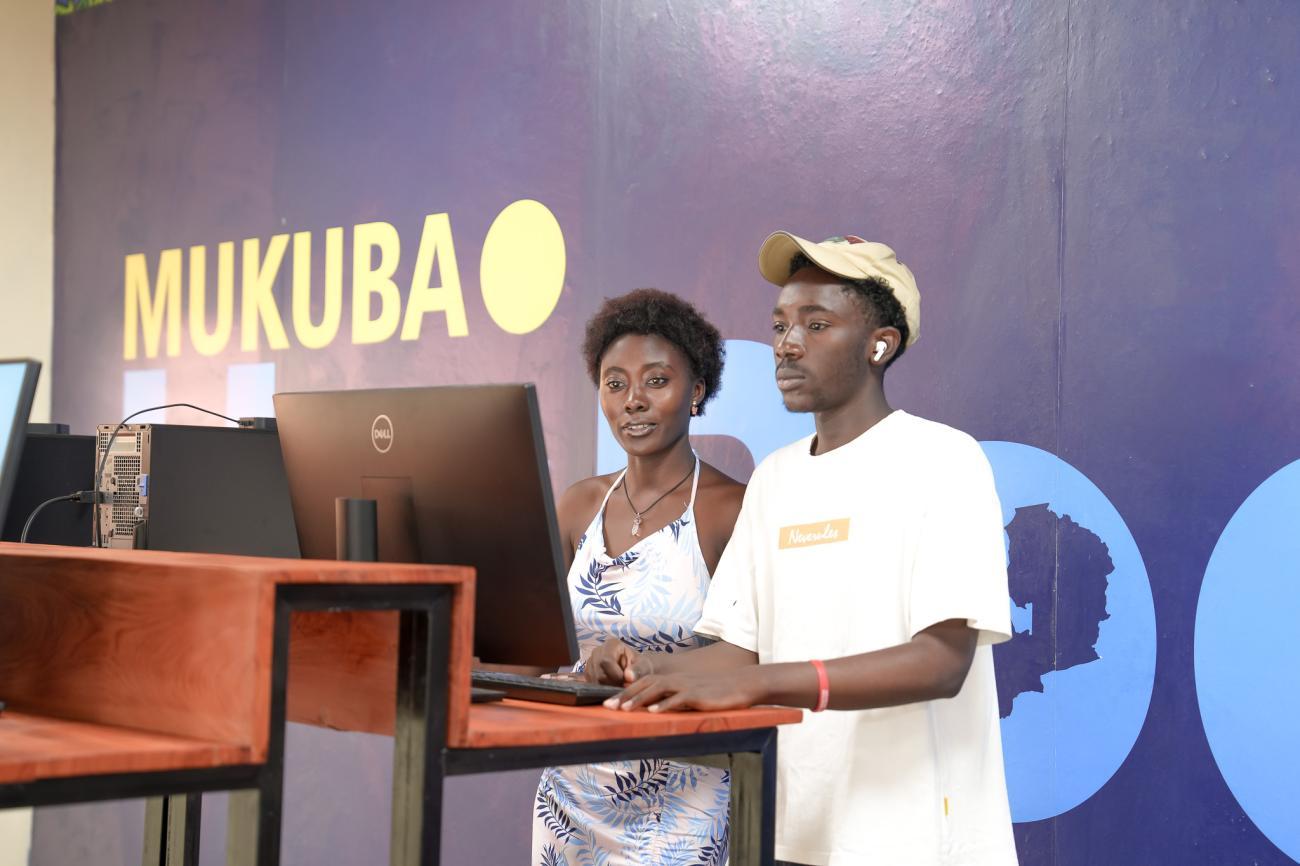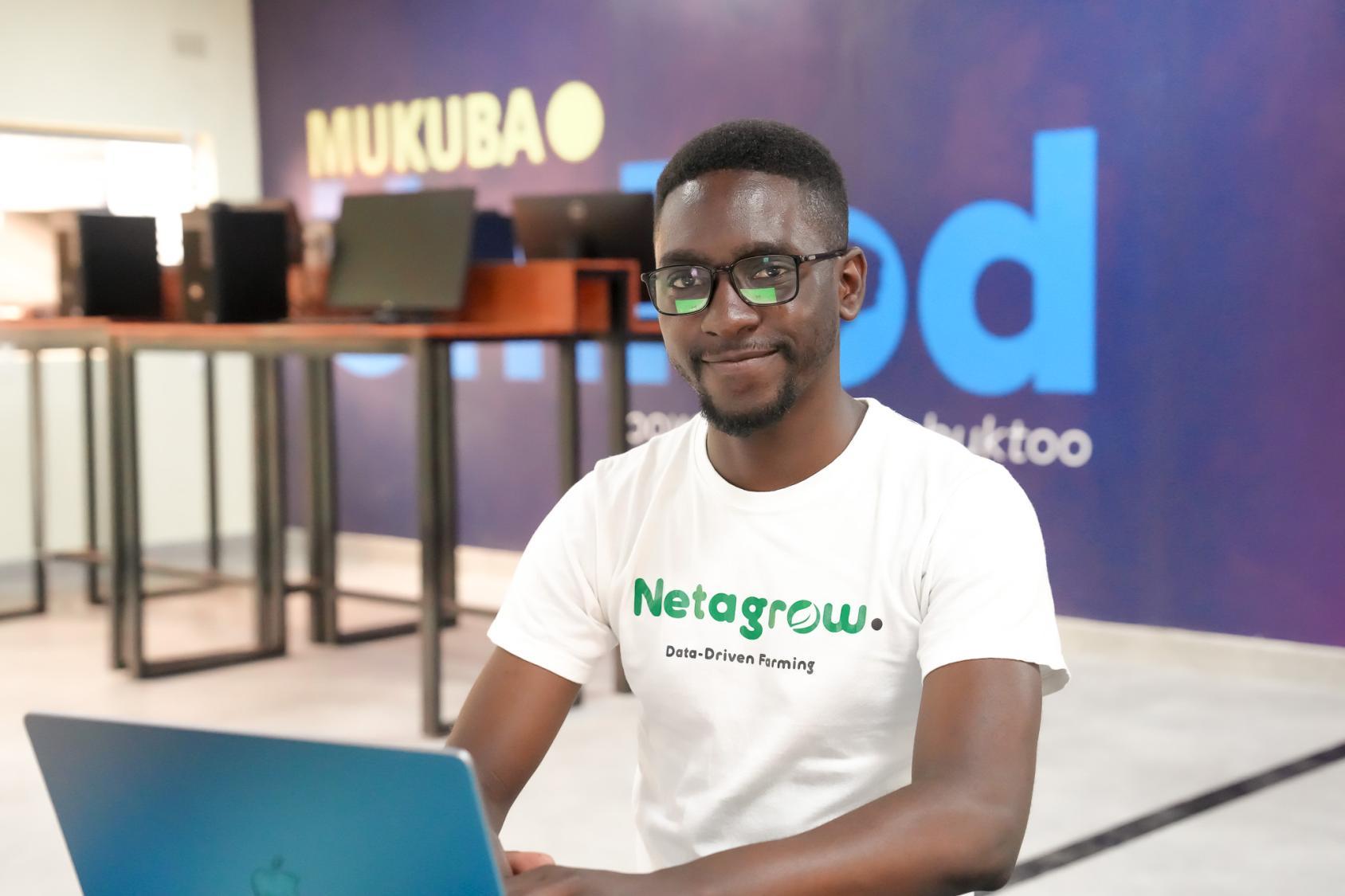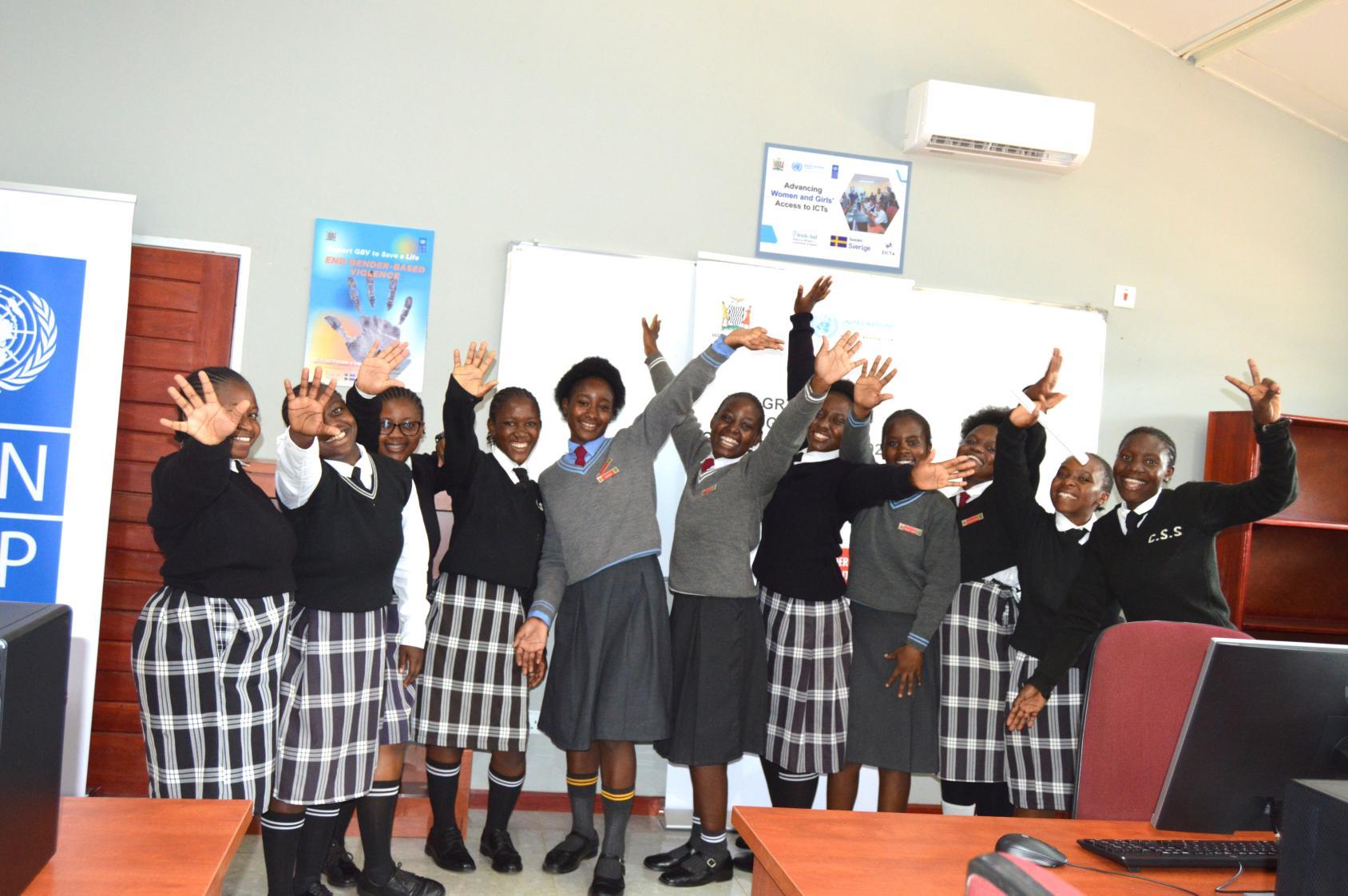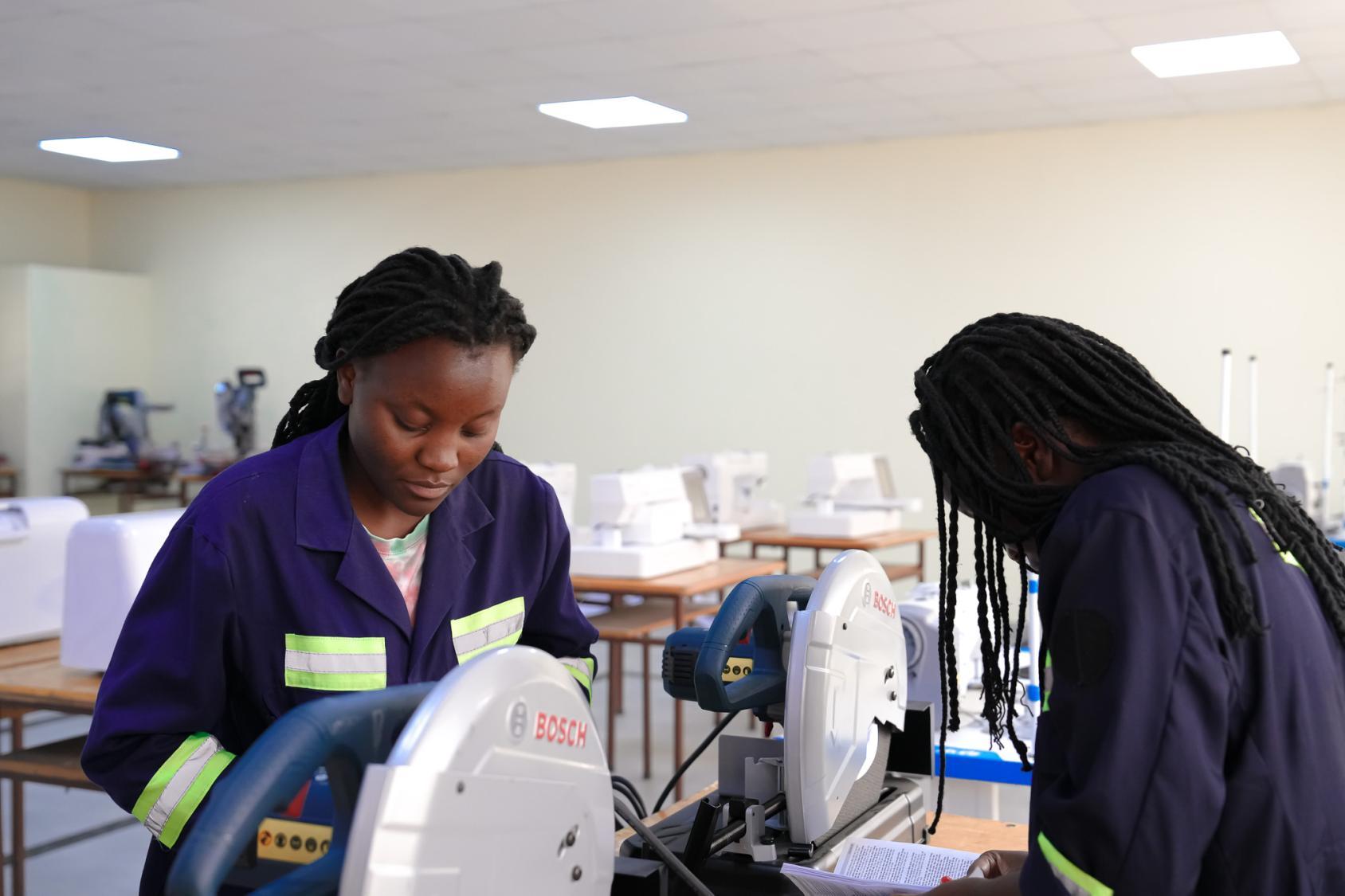New Frontiers: Zambia Embraces Digital Transformation

Zambia has embarked on a transformative journey towards a digital future, making significant strides in recent years. Internet access has been steadily increasing with approximately 11.4 million people being active internet subscribers as of 2024. This growth has been primarily driven by the expansion of mobile broadband networks and the affordability of internet services. Mobile phone usage has surged, providing a vital tool for communication and economic activity.
However, digital divides continue to persist, particularly in rural areas and affecting women, girls and older populations disproportionately, highlighting the need for inclusive policies and investments. Women and girls face limited access to digital devices due to cultural norms, economic constraints, and lower education levels which hinders their participation in online learning and economic opportunities. When they are online, they can be exposed to gender-based violence. Older people struggle with digital literacy, leading to social isolation and limited access to essential services.
Digital Transformation for Good
The United Nations Country Team in Zambia, led by Resident Coordinator Beatrice Mutali, recognizes the immense potential of digital transformation in the country. Embracing digital technologies can accelerate progress towards the Sustainable Development Goals by driving efficiency, inclusivity, and innovation.
A digitally transformed Zambia can benefit from inclusive economic growth, improved governance and services, expanded education and healthcare, easier access to markets, social development, and climate resilience.
By leveraging online platforms and data-driven decision-making, public officials can communicate transparently with stakeholders, share knowledge, and develop policies effectively. Digital technologies also increase accountability by providing access to information and empowering citizens to engage in decision-making processes.
Furthermore, digital transformation improves coordination and efficiency through streamlined systems and automation and fosters innovation and entrepreneurship by creating digital ecosystems that spark support for start-ups.

The UN's strategy for digital transformation in Zambia aims to create an inclusive digital economy that benefits all citizens. It focuses on enhancing digital infrastructure, promoting digital skills, addressing the digital divide, developing supportive policies, and fostering public-private partnerships. These efforts aim to strengthen the economy, create equitable opportunities, empower marginalized communities and improve quality of life for all people living in Zambia, as part of the broader UN Sustainable Development Cooperation Framework (2023-2027) and aligned with Zambia’s Vision 2030 and the Eighth National Development Plan.
Catalyzing Impact
The Resident Coordinator’s leadership has been a catalyst for collaboration among various key actors in the digital space, including government agencies, development partners, private sector entities, and civil society organizations.
The UN Country Team in Zambia is prioritizing digitization to enhance citizen participation and improve access to jobs and service delivery among marginalized groups. UN initiatives focused on enhancing digital infrastructure for widespread internet access, promoting digital literacy and skills development for women, girls, and older people, and developing inclusive digital policies are helping usher in a new era. By encouraging public-private partnerships to drive digital transformation, the UN is helping bring diverse investment partners around the decision-making table.
The gains are unmistakable.

When it comes to fostering inclusion and bridging the digital divide, ICT hubs in rural areas are being established with the support of the UN. These hubs provide access to digital tools, training, and platforms for education, economic opportunities, and social connection.
Further, the UN Joint Programme on Gender-Based Violence in Zambia has trained over 700 women and girls from diverse, primarily rural, backgrounds in digital literacy, including digital financial literacy, cyberbullying, and managing their digital footprint. Women and girls are now enabled to contend with the ever-growing threat of online harassment and abuse using social media reporting mechanisms, dedicated helplines, and online reporting forms. The programme is part of a broader strategy to empower women and girls, ensuring their safe and effective participation in the digital economy and society.
Creating avenues for entrepreneurship and the creation of next-gen jobs, the UNDP Accelerator Labs are supporting over 200 medium, small and micro-enterprises and informal businesses in sectors like agriculture, manufacturing, and services. These businesses are accessing digital platforms such as e-commerce websites, mobile payment systems, and online marketplaces to reach new markets under the African Continental Free Trade Area (AfCFTA). The Accelerator Labs have not only set up these platforms but also provide training to entrepreneurs on digital marketing, online sales strategies, and financial management.

The Digital Learning Passport platform is another initiative that is significantly enhancing education in Zambia, particularly for students in remote areas. As of 2024, Zambia’s primary school enrollment rate is approximately 91 per cent. Developed by the Ministry of Education in collaboration with UNESCO, UNICEF and Microsoft, the platform provides a wide range of educational content, including interactive lessons, audio and video materials, and digitalized curriculum-based content. Over 300,000 students are accessing subjects such as English, Mathematics, Science, and Social Studies, with resources also available for early childhood education and children with disabilities. The platform offers both online and offline access, ensuring continuous learning, and supports teachers with guides and professional development resources. This initiative aims to improve educational outcomes and bridge the digital divide, ensuring all students have access to quality education regardless of their location.
Finally, strengthening governance and service delivery through technology, the UN has partnered with the International Institute for Democracy and Electoral Assistance (ICLD) and the Pemba Town Council to ensure public services are more efficient and effective. By providing digital access to services like voter registration, budget details, and community development fund applications, the initiative aims to promote transparency, accountability, and citizen participation. The UN's support includes providing hardware, ensuring internet connectivity, training staff, digitizing records, and developing digital platforms.
Moving Ahead
As Zambia continues its digital journey, the UN works hand-in-hand with partners to help the country navigate further advancements in technology and digital services and strive for a more inclusive and equitable society. By working together, Zambia can harness the power of digital technologies to achieve its development goals and build a brighter future for all its citizens. "At the end of the day, digital transformation is not just about technology; it's about empowering people and communities,” says RC Beatrice Mutali.
To learn more about the work of the UN in Zambia visit zambia.un.org













